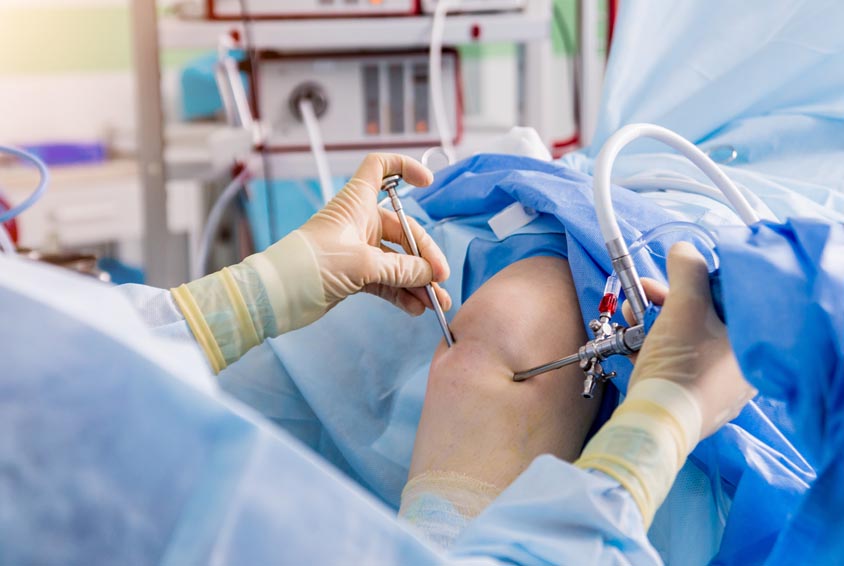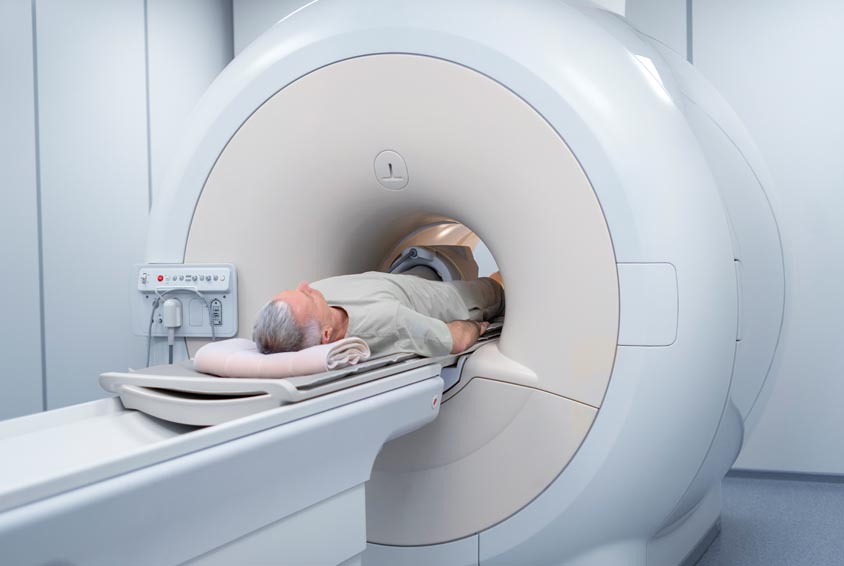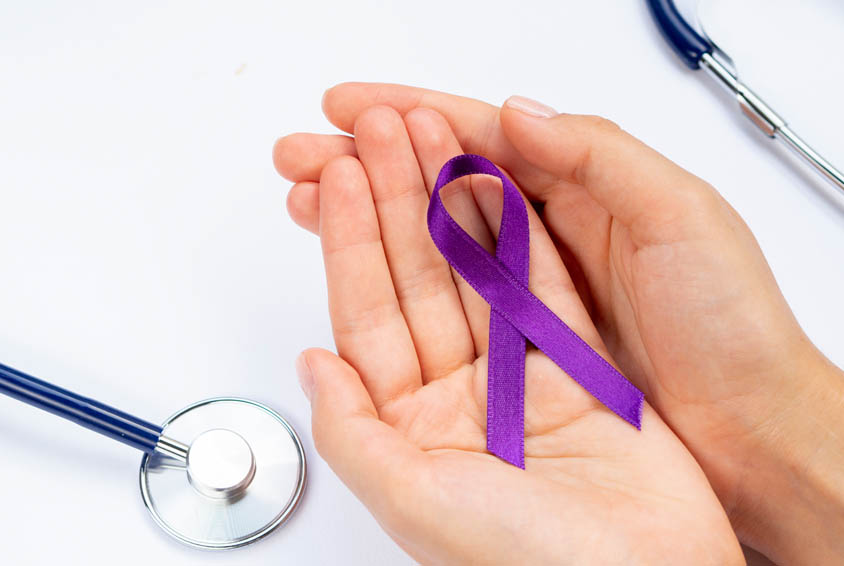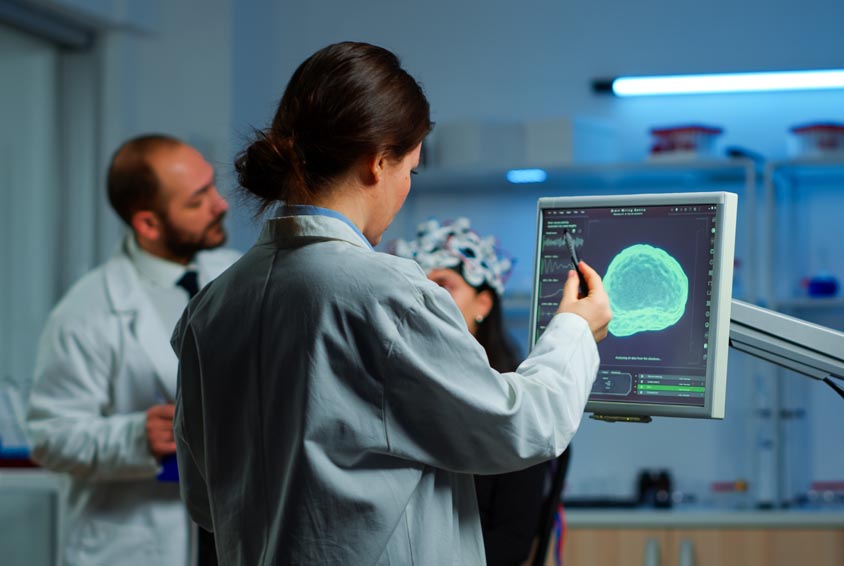Khmer Specialists – Orthopedic Surgery
Orthopedic surgery involves the surgical treatment of problems that develop in the bones, muscles, joints, and ligaments of the human body. It addresses some problems of the nervous system, such as those that occur as a result of injury or degeneration of the spine, as well as those caused by accident, trauma or chronic conditions. Surgery can correct problems of the nervous system related to the spinal column, congenital defects and musculoskeletal issues caused by aging. Orthopedic surgeons provide comprehensive general and sub specialized orthopedics and trauma service and sports medicine. Arthroscopy, usually done as a day surgery is less invasive and is used by doctors to look at, diagnose, and treat problems inside a joint.









